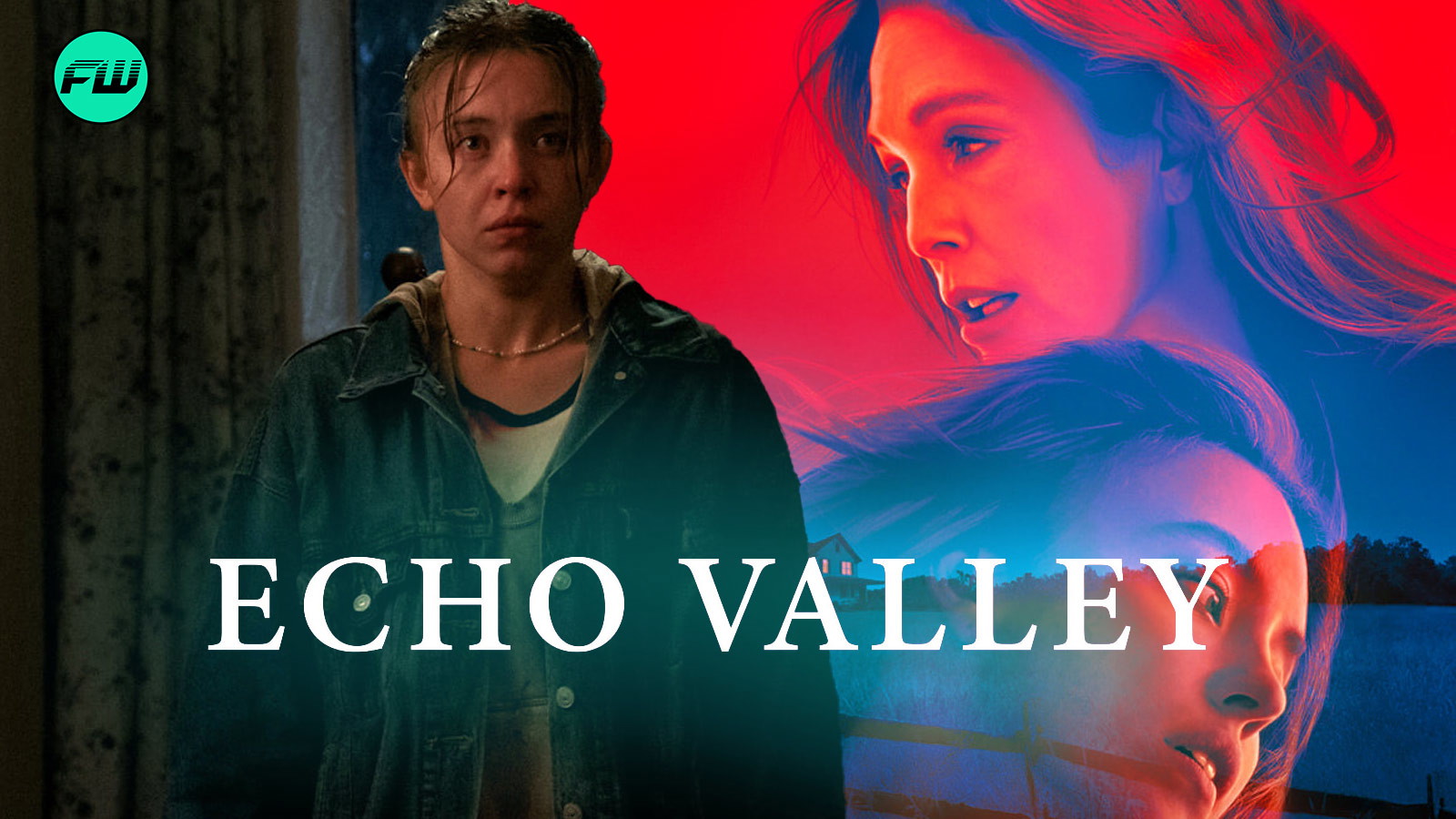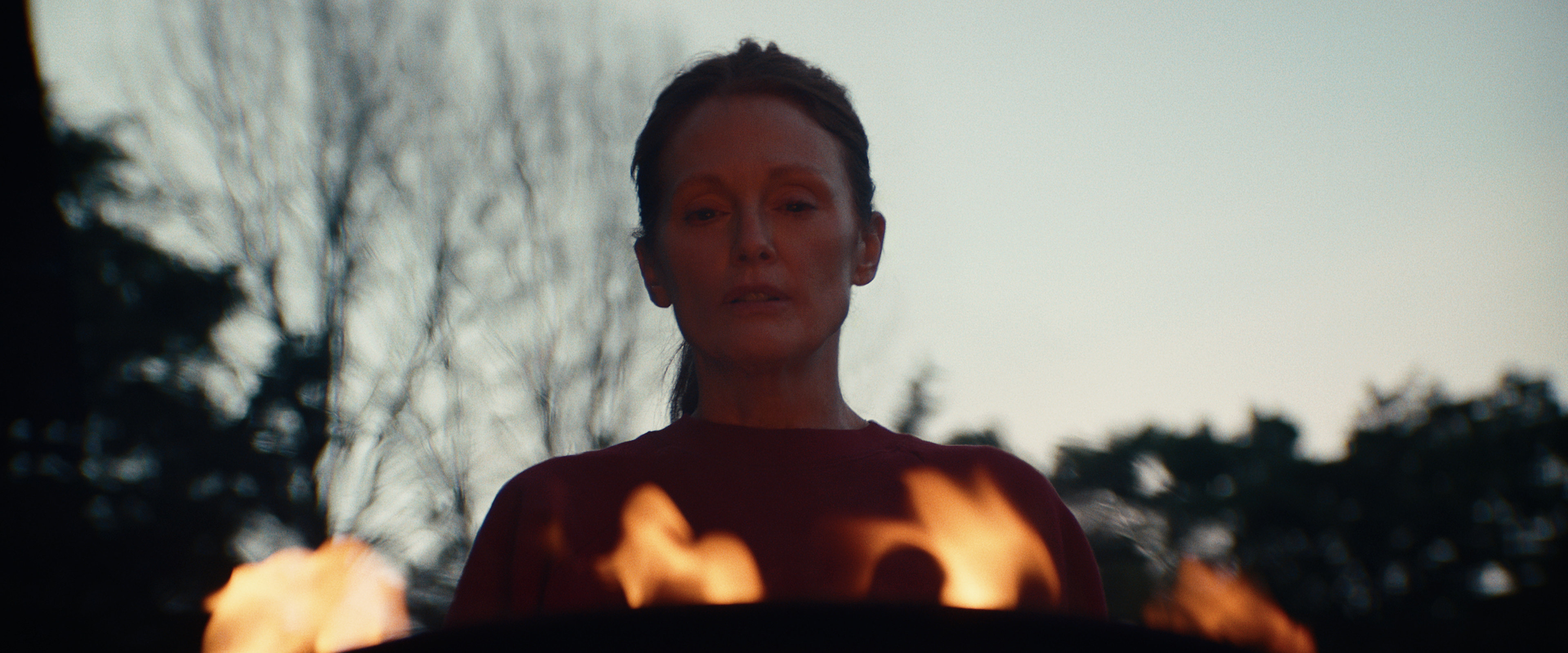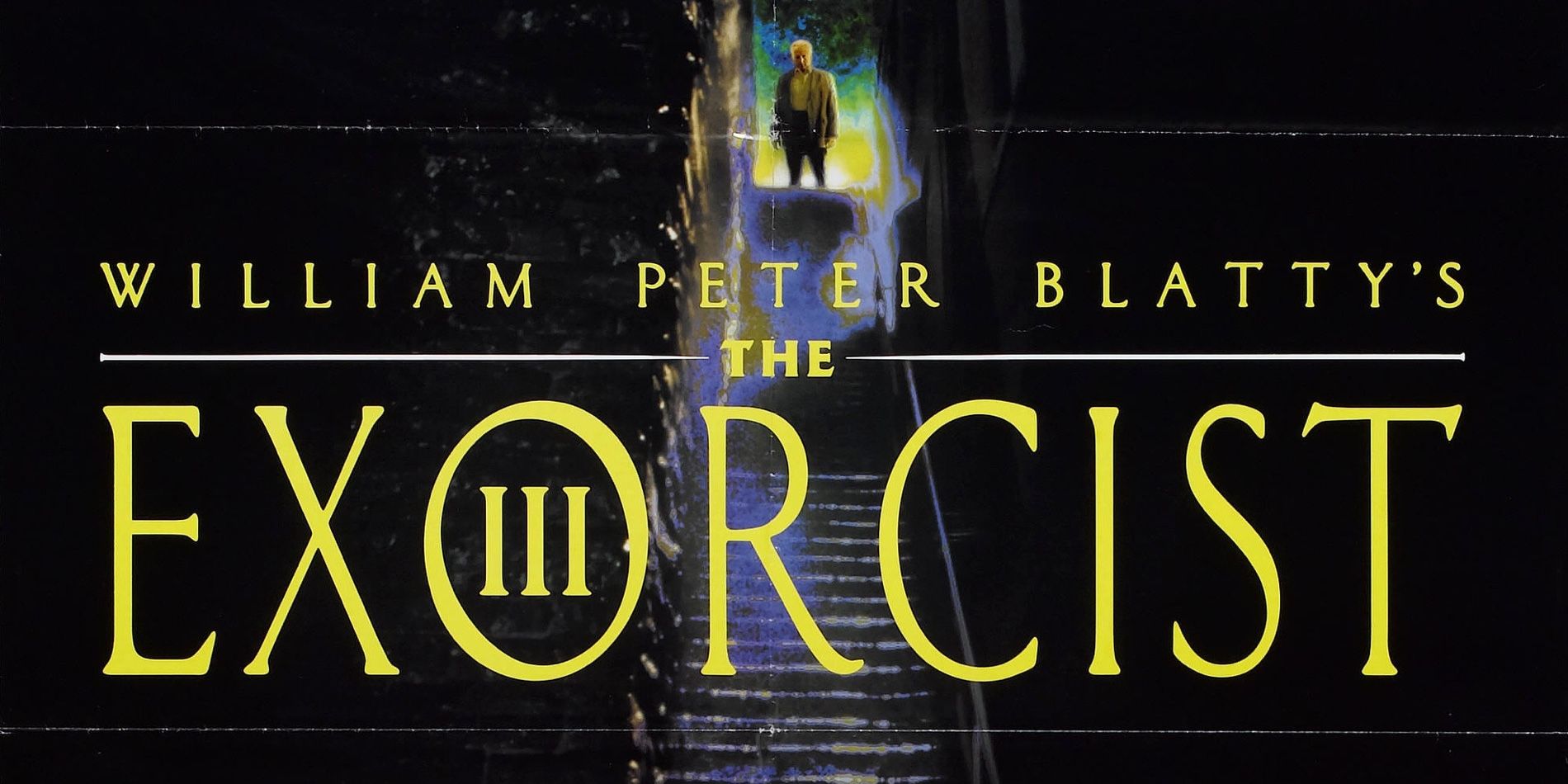
Directed by Michael Pearce (Beast) and written by Brad Ingelsby (Mare of Easttown), Echo Valley (2025) is a tightly wound psychological thriller that explores guilt, maternal instinct, and the violence that echoes through generations. With a powerhouse cast led by Julianne Moore and Sydney Sweeney, the film balances slow-burn suspense with intimate character drama — offering a haunting tale that lingers long after the final shot.
Set in rural Pennsylvania, the story centers on Kate Garrett (Julianne Moore), a reclusive horse trainer living in the shadow of a personal tragedy. Her days are quiet and disciplined, shaped by grief and routine — until her estranged daughter Claire (Sydney Sweeney) returns home late one night, bloodied and shaking, claiming something terrible has happened.
As Kate pieces together the truth behind her daughter’s trauma, old wounds begin to reopen. Soon, both women are drawn into a dangerous cover-up involving a violent crime, a local sheriff with ties to their past, and the echoing consequences of decisions made years before.
Echo Valley is a masterclass in mood and restraint, anchored by two searing performances. Julianne Moore gives one of her finest late-career roles — her portrayal of Kate is all quiet steel, emotional repression, and maternal fury. Sydney Sweeney, known for emotionally charged roles in Euphoria and Reality, delivers a raw, unpredictable performance that adds layers to the film’s tension.
Michael Pearce’s direction is atmospheric and precise. The misty hills and gray skies of rural Pennsylvania serve as both literal and metaphorical fog — concealing truth, memory, and danger. The cinematography by Linus Sandgren leans into muted tones, long shadows, and slow tracking shots, emphasizing the isolation and mounting dread.
What sets Echo Valley apart from other thrillers is its emotional realism. Beneath the suspense is a study of a fractured mother-daughter bond — and how far a parent will go when they’re not sure their child is innocent. The film’s third act builds slowly, refusing cheap twists, instead settling into a disturbing ambiguity that asks: can you forgive someone if you’re not sure what they’ve done?
Some viewers may find the pacing methodical, even slow, but for fans of character-driven crime dramas like Prisoners, The Night Of, or Wind River, this is deeply rewarding.

In a potential follow-up titled Echoes Fall, we pick up two years later. Claire has disappeared again — this time for good — and Kate, wracked with suspicion, becomes the center of a new investigation after a local teen turns up dead near the stables. As she becomes both suspect and sleuth, Kate begins to uncover a darker conspiracy rooted in Echo Valley’s past — involving corrupt land deals, missing girls, and a ring of silence maintained by generations of men.
The sequel could deepen the film’s exploration of systemic guilt and rural silence, while transforming Kate into a kind of tragic antihero — torn between justice and protection.
Echo Valley (2025) is a powerful, atmospheric thriller with emotional weight and psychological complexity. Driven by stellar performances and elegant direction, it doesn’t just ask what we’re capable of when pushed — it asks whether we’ll live with the consequences afterward. Quiet, haunting, and morally murky — it’s one of the year's most compelling dramas.



